Here’s why 2017 is secretly the year of PS1 - it's not just remastered bandicoots
Recapture that classic PS1 magic with these new PS4 games
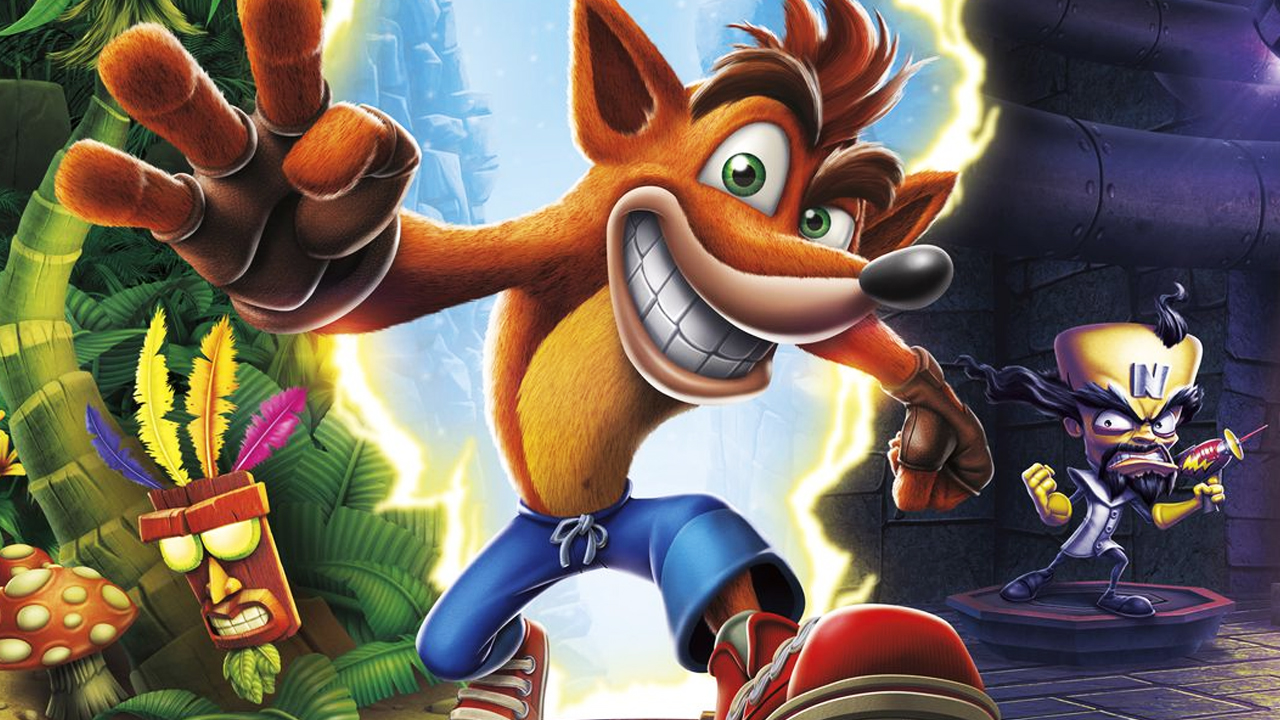
It's been so subtle, you might've missed it: classic PlayStation is back. Like a conspiracy theorist sporting a tinfoil PaRappa beanie, connecting bits of string colored like the PS logo on my matte grey wall, I've finally pieced it all together: 2017 is secretly the year of PS1, and I've rounded up the games to prove it. These five titles all recall the good old days on PS1, exemplifying the kinds of eclectic, exciting series that helped define the sheer variety of fan favorites you'd find on PlayStation. Whether they're new entries in established series or spruced-up reimaginings, they all embody that intoxicating PS1 nostalgia and refurbish it for the modern generation. Though I'd very much still appreciate PS1 Classics making their way onto PS4, these games recapture the same spirit of all-ages fun that rocketed these series to stardom on the original PS1.
Crash Bandicoot N. Sane Trilogy
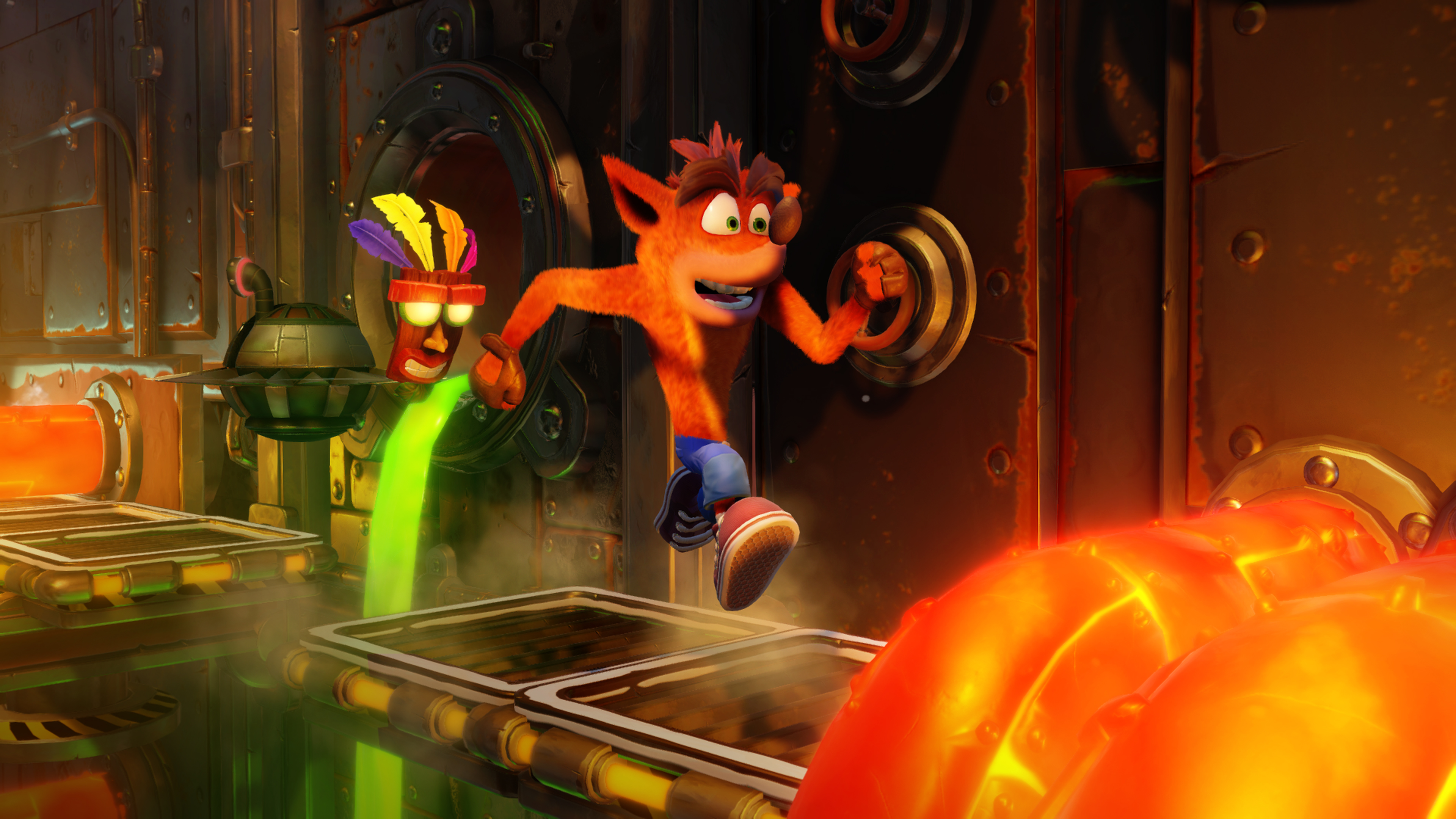
Original PS1 release year: 1996
PS4 debut: June 30, 2017
Here's the obvious headliner of the bunch - people have been waiting years for the triumphant return of Crash Bandicoot. The de facto mascot of PlayStation platforming is making a comeback by way of a reimagining of his three best games. Crash Bandicoot N. Sane Trilogy takes the original, Naughty Dog-developed adventures - Crash Bandicoot, Cortex Strikes Back, and Warped - and gives them a complete graphical overhaul, putting the visuals on par with most modern computed-animated flicks. Everything that made the classic trilogy so spectacular is still here: the inventive spin attack to mix up hop-and-bop gameplay, a clever difficulty curve that goes from tame to brutal at just the right pace, and loads of hidden collectibles that push you to mastery if you're going for total completion. But to see the goofy orange marsupial running around in HD through gorgeous, entirely redone environments and cutscenes is a real treat, especially for all the 3D platforming fans who grew up on Crash.
Wipeout Omega Collection
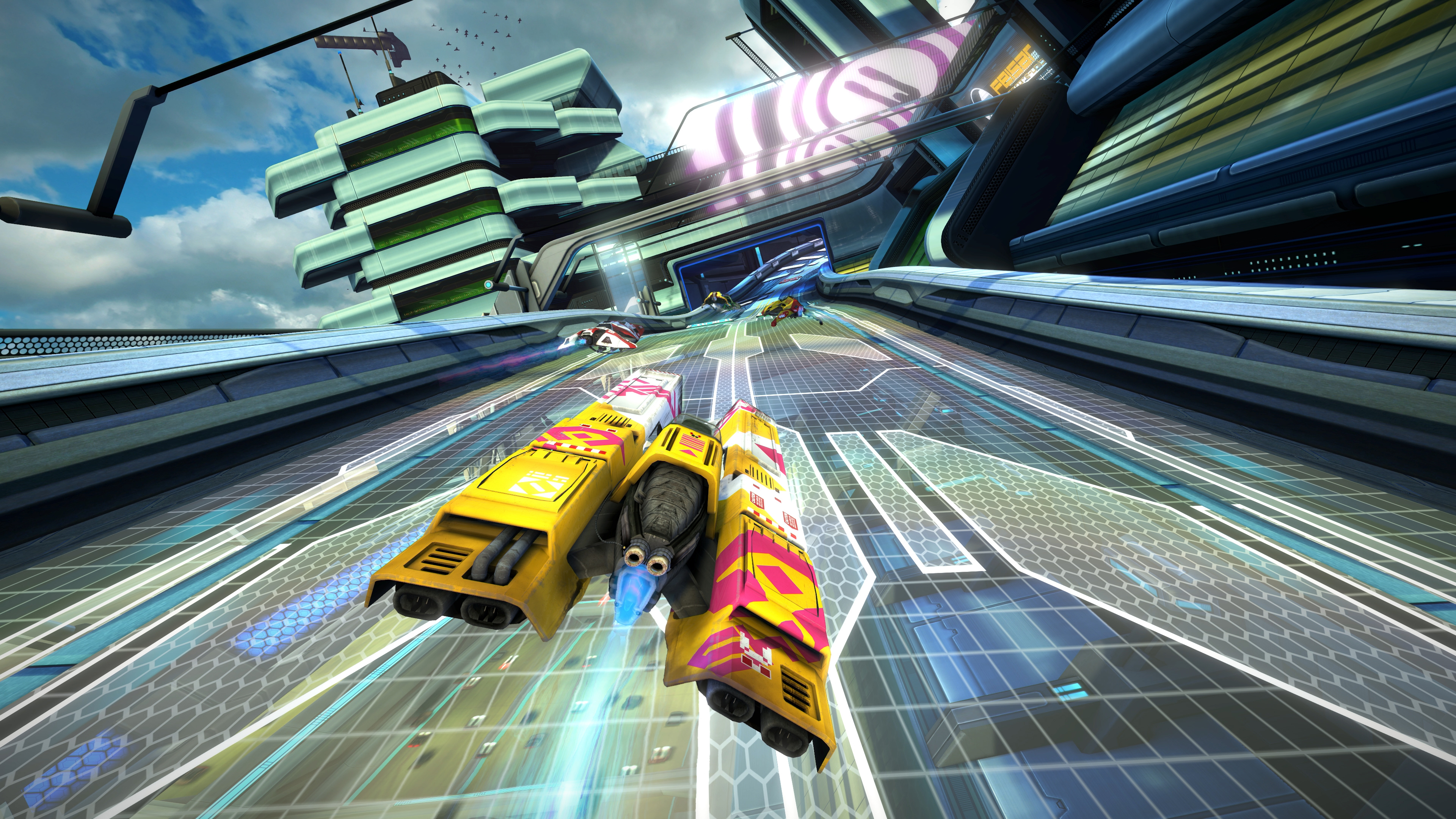
Original PS1 release year: 1995
PS4 debut: June 6, 2017
F-Zero is great and all, but for a certain set of futuristic racing enthusiasts, nothing beats Wipeout. Developer Psygnosis somehow managed to absolutely nail the sensation of piloting an anti-grav hovercraft right out of the gate, and Wipeout's vision of a not-at-all dystopian, techno-scored 2052 gave every race a real sense of place. The Mario Kart-style balance of offensive and defensive power-ups only made the blazingly speedy competition all the more intense. Wipeout Omega Collection revamps recent sequels Wipeout HD, Wipeout HD Fury, and Wipeout 2048 to make them shine on the PS4, and takes the spirit of the original Wipeout to its logical conclusion: a beautifully rendered, immaculately tuned racer that's easy to pick up and enduringly difficult to master. As we noted in our review, the Omega Collection is an absolute stunner on the PS4 Pro, screaming by at 60fps in 4K, with HDR lighting that might just make this the prettiest PS4 game to date. Whether you're going for tournament gold, competing online, or just pushing yourself to beat your personal best in a time trial, Wipeout Omega Collection is high-speed future racing at its finest.
PaRappa the Rapper Remastered
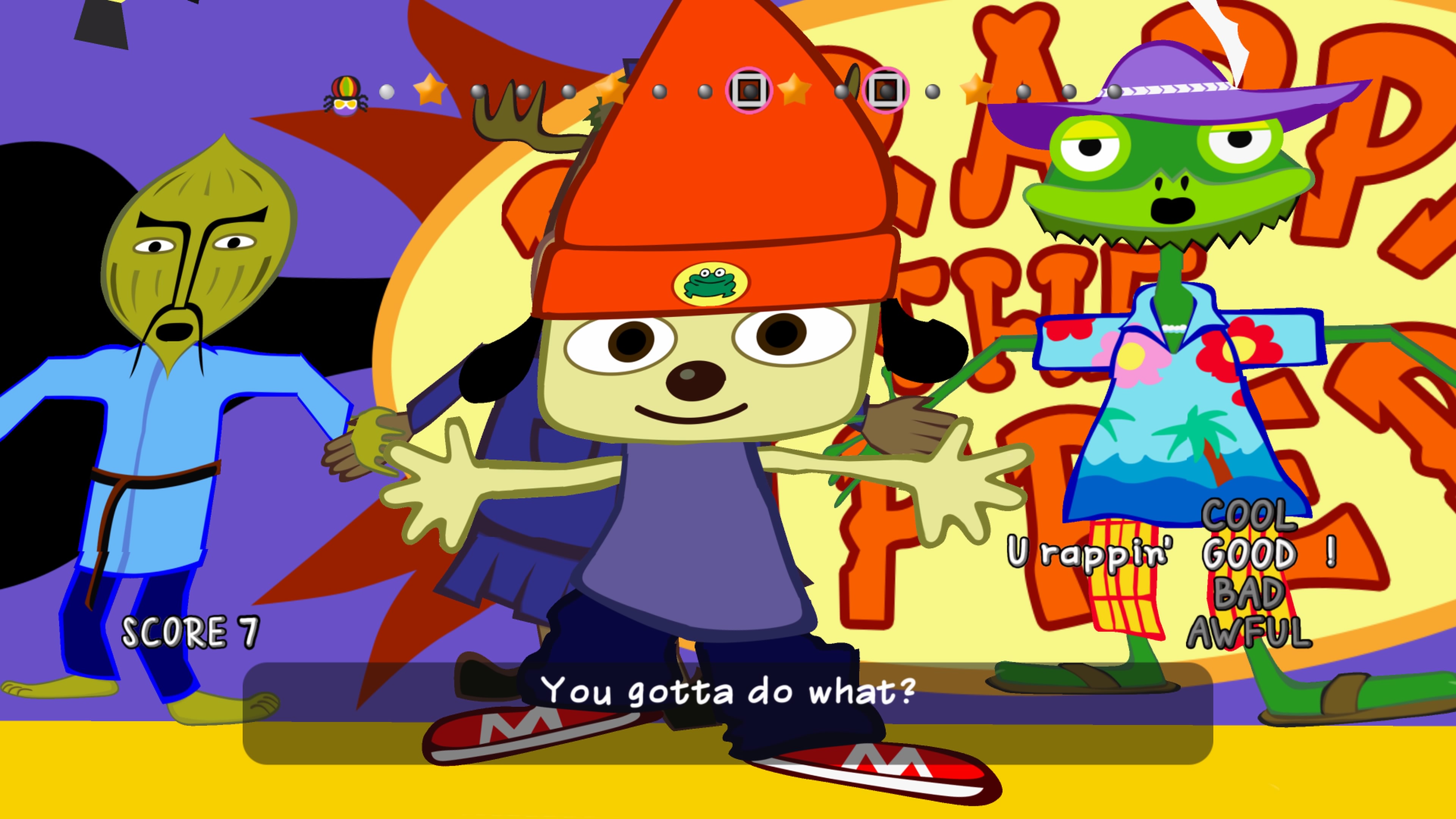
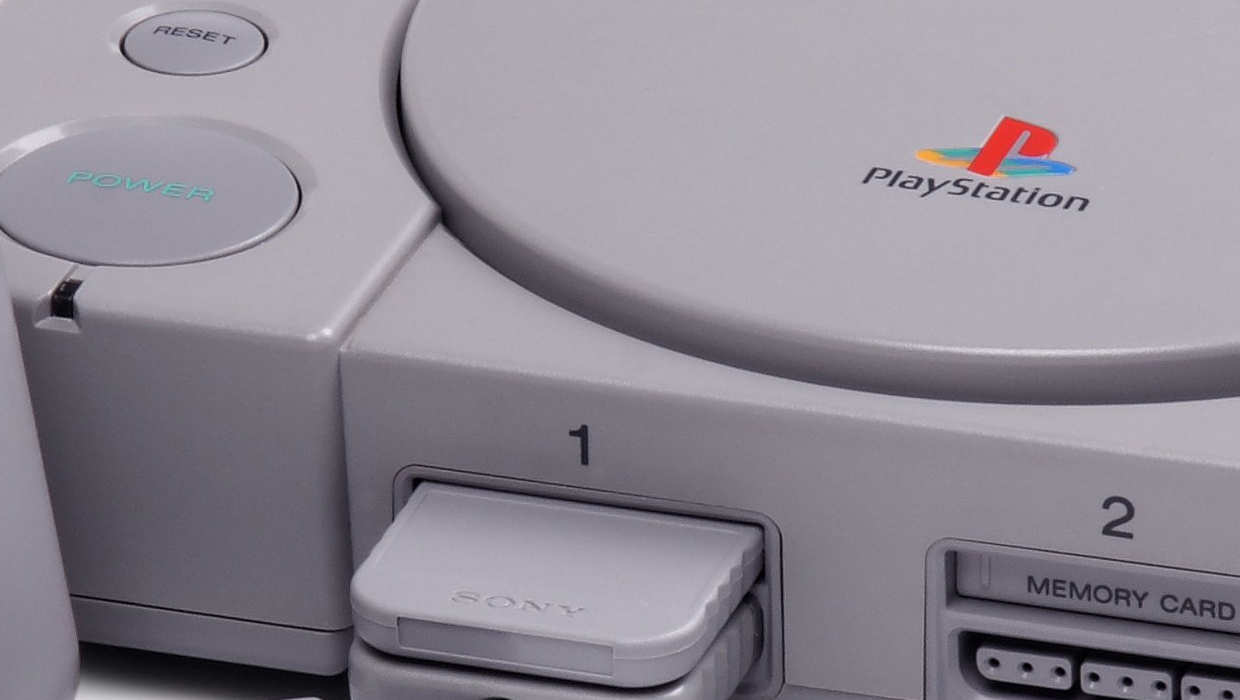
Wondering what other games would be great for a modern remaster? Check out our list of the best PS1 games of all time.
Original PS1 release year: 1996
PS4 debut: April 4, 2017
They say that humankind doesn't deserve dogs and their adorable purity - and that includes rapping papercraft dogs. PaRappa the Rapper is so endearingly weird, it was destined to be a cult classic: a rapping rhythm game with the lovable charm of a Saturday morning cartoon, and degrees of freestyling difficulty that can test even the most musically inclined. The feel-good tracks and their call-and-response lyrics are incredibly catchy, and you can't help but love bizarre characters like Chop Chop Master Onion or Instructor Mooselini. Like the Crash N. Sane Trilogy, PaRappa Remastered takes polygonal graphics that appear ancient by modern standards and miraculously cleans them up to look good as new. Characters still groove and jump around with adorably rudimentary animations, but all the rough edges have been smoothed off thanks to the upgrade to 4K or 1080p visuals. Unfortunately, Remastered doesn't offer the same rhythmic precision as the perfect latency of a PS1 hooked up to a CRT, but the budget price makes this a lovely, affordable trip down memory lane with your favorite funky canine.
Sign up to the GamesRadar+ Newsletter
Weekly digests, tales from the communities you love, and more
Everybody's Golf
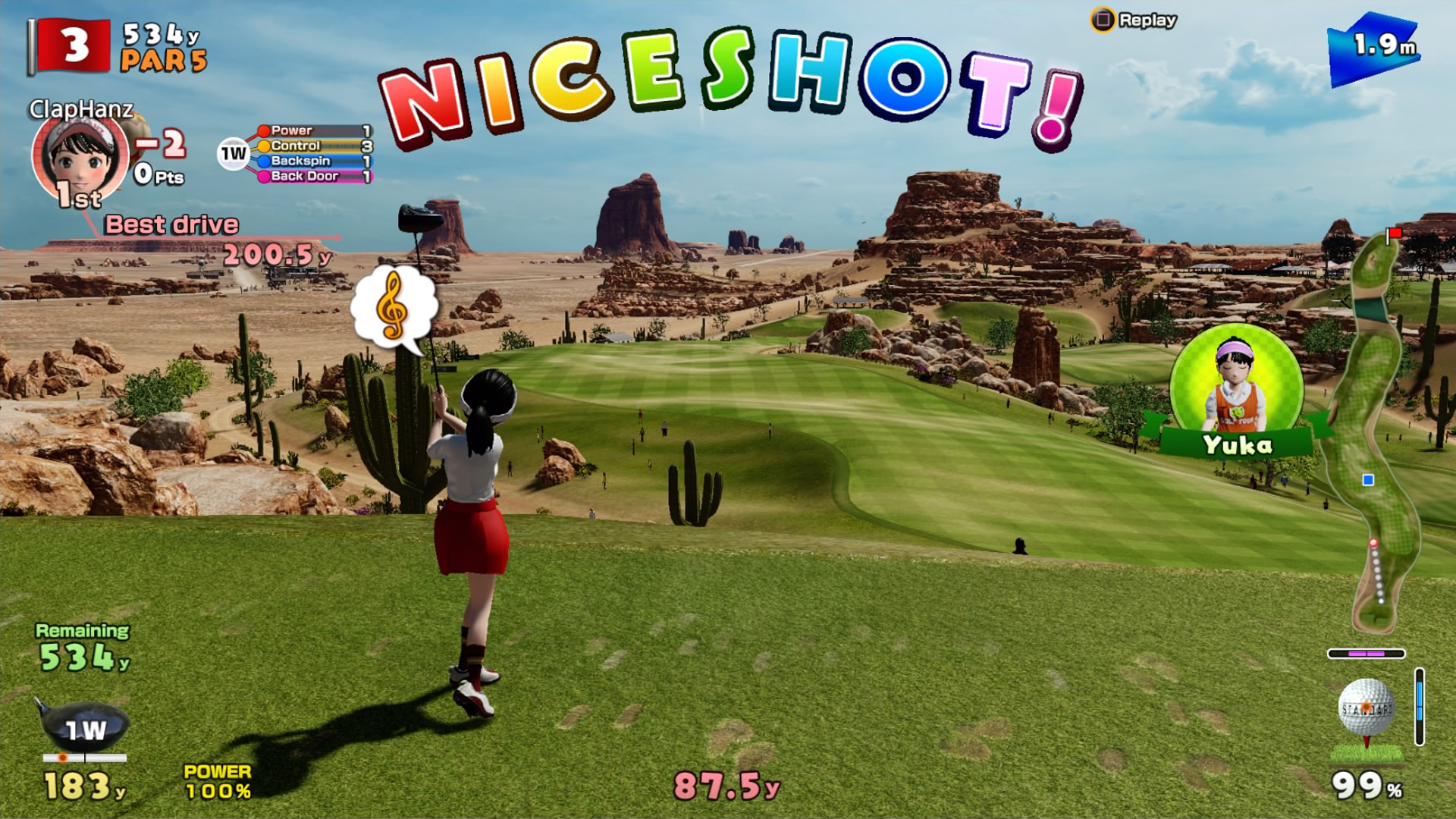
Original PS1 release year: 1997
PS4 debut: August 29, 2017
There's something so serene and calming about Everybody's Golf (better known as Hot Shots Golf in the ‘States). The sky is blue, the grass is green, the birds are chirping, and the breeze is gentle; it's all so peaceful that you can hardly be mad when a botched swing sends your ball careening into a sand trap. Everybody's Golf is the epitome of the 'three-click' mechanic that makes golf accessible to anyone: a set of three carefully timed taps of the X button is all it takes to become a champion (that, and some smart intuition about how to account for the slope of the green). Between the rock-solid gameplay, a colorful cast of chibi-style characters, and the profoundly excellent easy-listening muzak in the menus, the Everybody's Golf series has always excelled at presenting golf as something fun, light, and downright refreshing. That thoroughly pleasant presentation is still intact in this reboot, simply titled Everybody's Golf, but the scale is quite a bit larger: the focus is on driving and putting your way across online courses, where other players can freely roam around, studying the fairway or cruising around in personalized golf carts when they're not actively playing a round. It's a, dare I say, Destiny-style approach to golf, giving you the chance to make a few friends out on the virtual links, or impress an actual crowd of player-controlled onlookers with a clutch Eagle to win a match.
Tekken 7
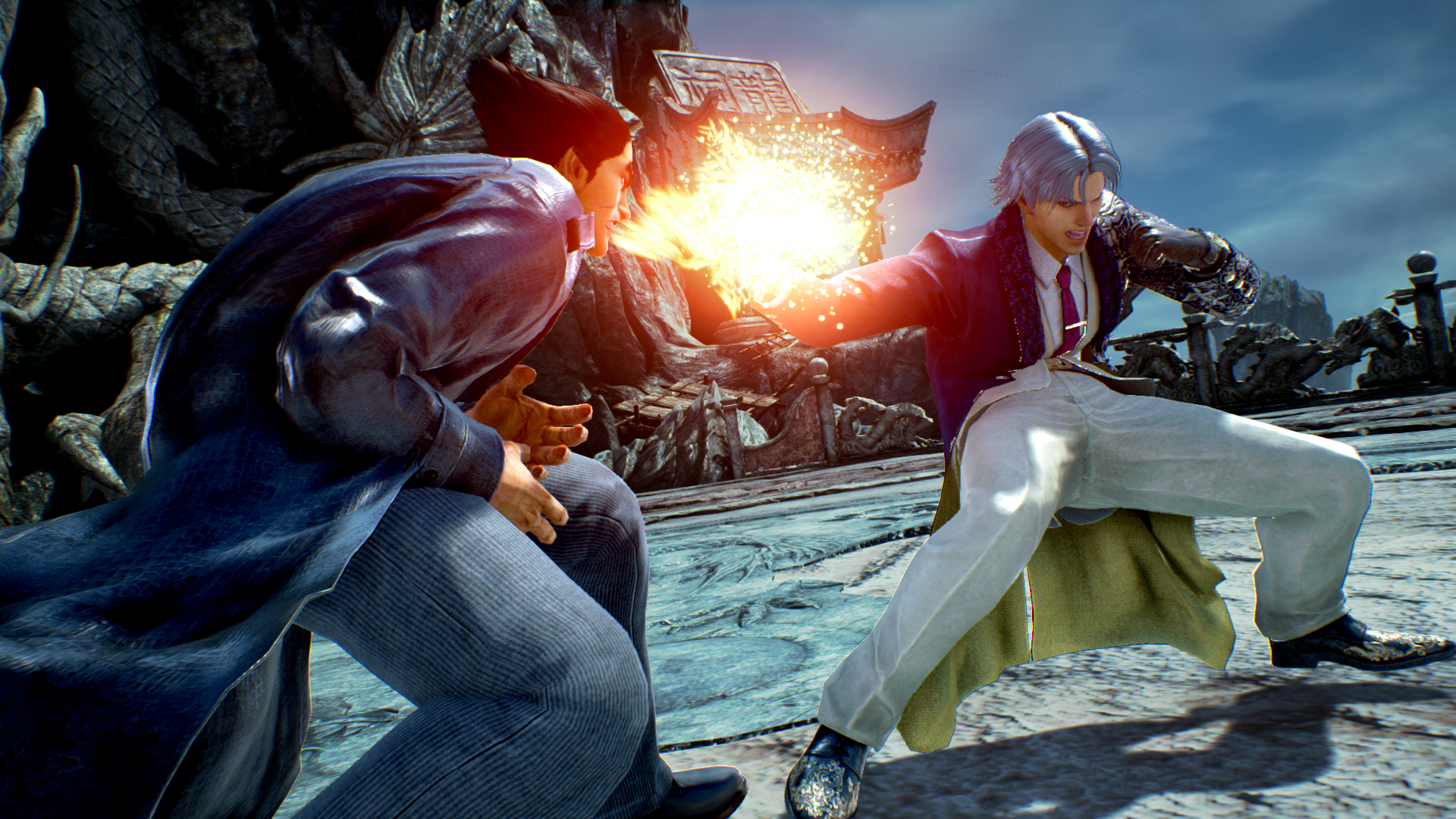
Original PS1 release year: 1995
PS4 debut: June 2, 2017
For better or for worse, Tekken's 3D bouts have stayed mostly the same over the years - and if you ask me, I'd say this is very much 'better'. From the very first game in the series, Tekken has always excelled at delivering fast fights, heavy hits, and exciting moments of cinematic flair during particularly impressive moves. All the fundamentals of careful spacing, clever risk-taking, and deep mind games have been there from the start, and Tekken is a perennial crowd favorite across a wide range of skill levels: beginners aren't overtly punished for the occasional mashing of buttons, while experts can end a match in seconds by busting out a string of ludicrously damaging wall combos. Even with the addition of flashy, last-resort Rage Art attacks, Tekken 7's gameplay doesn't deviate too far from the time-tested formula of its forebears - but everything about the presentation has been punched up to the fullest, most dazzling degree. The visuals are slick, the roster is a great mix of old favorites and flashy newcomers, and the invigorating music is among some of the fighting genre's finest. The PS4 version also comes with an exclusive bonus: all the music tracks and ending cutscenes from the previous games have been included, paying tribute to Tekkens past and honoring the series' close ties to PlayStation consoles. And yes, that includes Kazuya's utterly daft ending from the PS1 original, in which he chucks his KO-ed father off a cliff (payback's a... y'know) before flashing a ghoulish, primitive-CG grin at the camera. Sifting through all those bizarre, old-school cutscenes is priceless, especially if you've not yet been exposed to their profound weirdness - and it's the perfect throwback to fond PS1 memories.
Lucas Sullivan is the former US Managing Editor of GamesRadar+. Lucas spent seven years working for GR, starting as an Associate Editor in 2012 before climbing the ranks. He left us in 2019 to pursue a career path on the other side of the fence, joining 2K Games as a Global Content Manager. Lucas doesn't get to write about games like Borderlands and Mafia anymore, but he does get to help make and market them.



